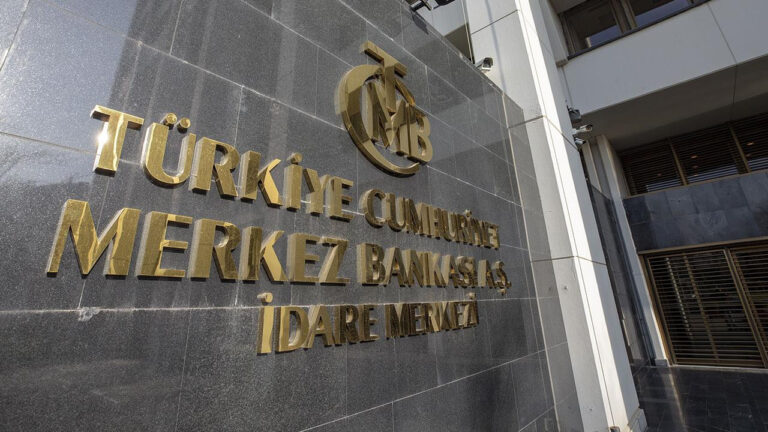
Turkey’s recent announcement of an annual inflation rate of 61.36% has sent shockwaves through the economy and drawn the attention of financial experts and policymakers worldwide. In this article, we will explore the factors contributing to this staggering inflation rate, its implications for the country, and potential measures to address this economic challenge.
Understanding the Inflation Rate:
To comprehend the gravity of the situation, we must first understand the concept of inflation and why it is a concern. Inflation represents the increase in the general price level of goods and services over time, leading to a decrease in the purchasing power of a nation’s currency. We will delve into the various components of the Consumer Price Index (CPI) and their role in calculating the inflation rate.
Factors Contributing to High Inflation:
Several factors are contributing to Turkey’s extraordinarily high inflation rate. These factors include:
- Currency Depreciation: A weakening Turkish Lira has made imports more expensive, leading to higher prices for imported goods and raw materials.
- Central Bank Policies: The central bank’s monetary policy decisions, interest rates, and credibility have played a crucial role in controlling inflation.
- Supply Chain Disruptions: Global supply chain issues have led to shortages and increased production costs.
Economic and Social Consequences:
High inflation has far-reaching implications for Turkey. It erodes the purchasing power of consumers, potentially leading to a decrease in living standards. It can also negatively affect investments, foreign exchange rates, and interest rates. We will explore how these consequences impact both the economy and everyday life.
Government Response and Possible Solutions:
Turkey’s government has acknowledged the severity of the inflation problem and is taking steps to address it. These measures include interest rate hikes and efforts to stabilize the currency. However, more comprehensive reforms may be required. We will examine potential solutions, such as fiscal discipline, structural reforms, and improvements in monetary policy.
Conclusion:
Turkey’s annual inflation rate of 61.36% is a stark reminder of the challenges that the country’s economy faces. While immediate measures are being taken to stabilize the situation, addressing the root causes of high inflation will be crucial for long-term economic stability and growth. It is essential for Turkey to create a strategic roadmap that balances economic growth and stability, ultimately benefiting its citizens and the global financial community.
Bu makale, Türkiye’nin yüksek enflasyon oranıyla başa çıkmak için alınan önlemleri ve gelecekteki çözüm yollarını inceleyerek, okuyuculara bu ekonomik zorluğun karmaşıklığını ve çözüm arayışlarını anlatmayı amaçlamaktadır.